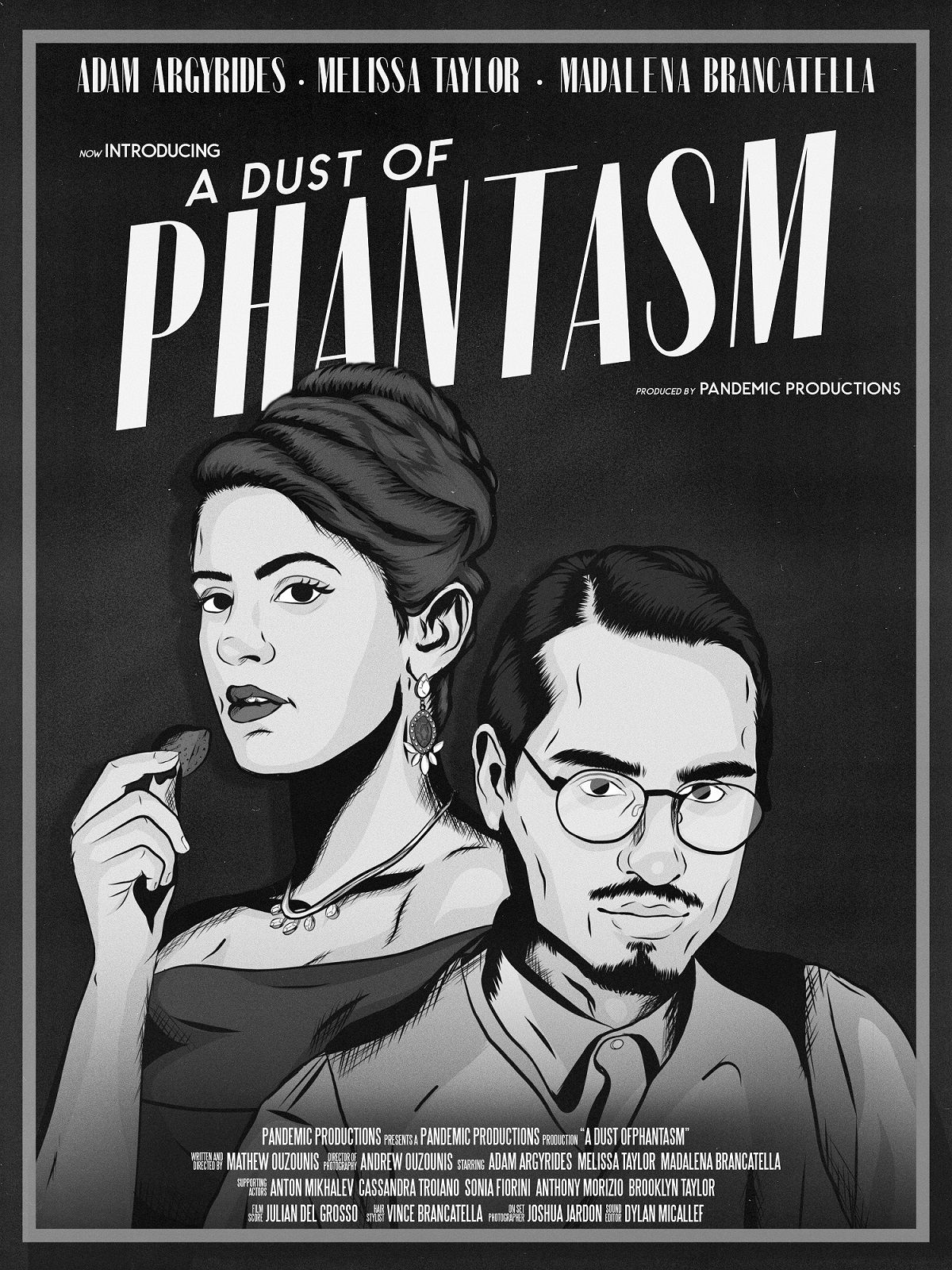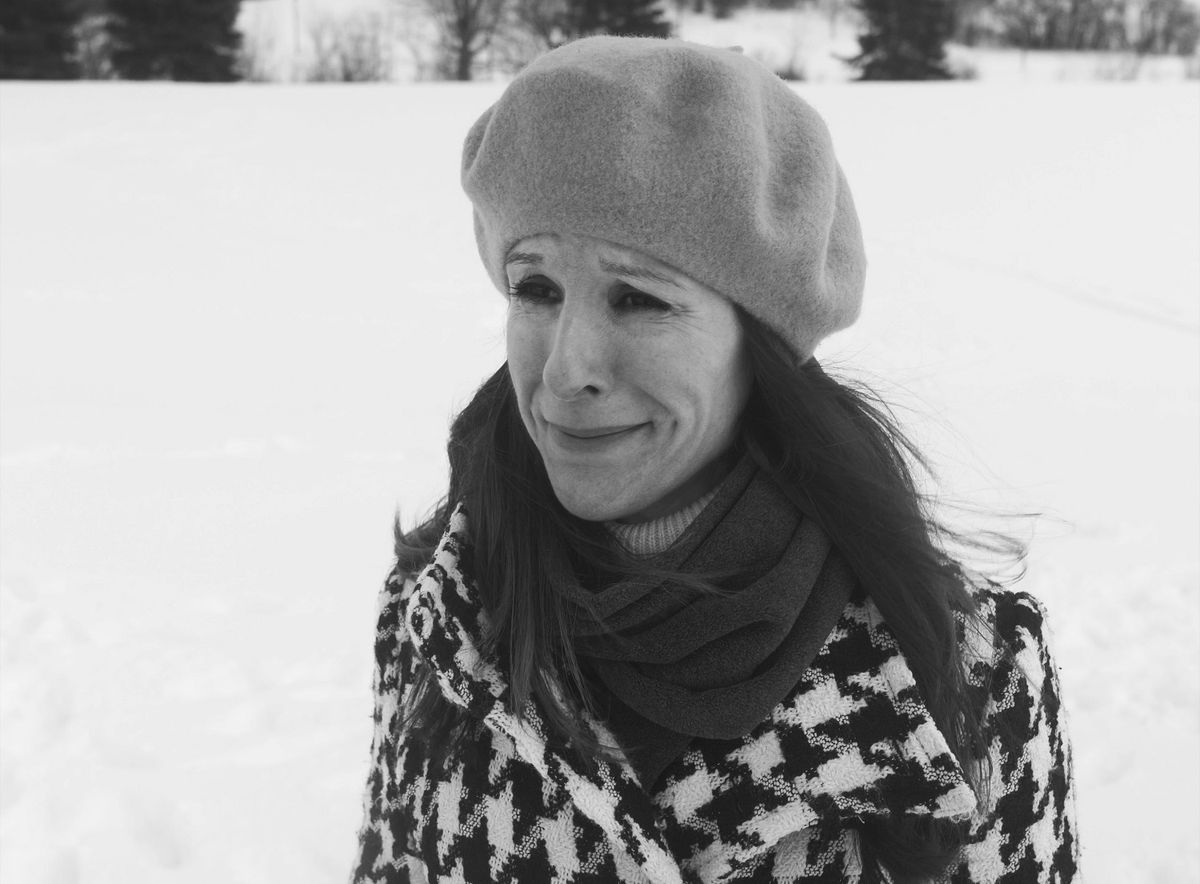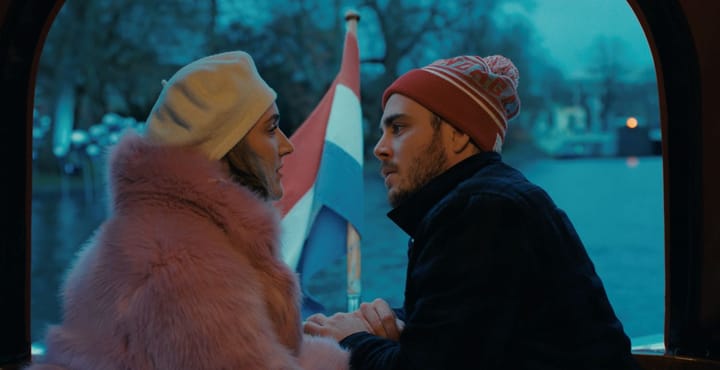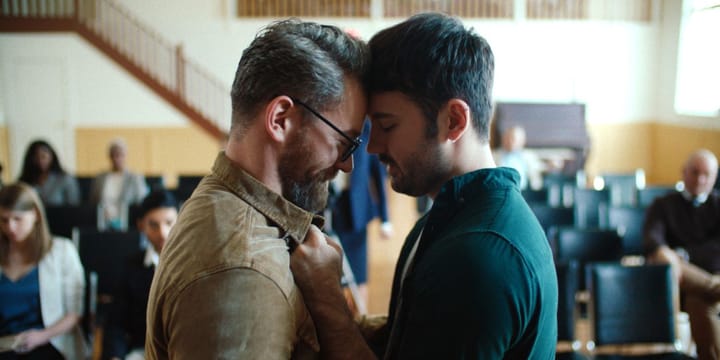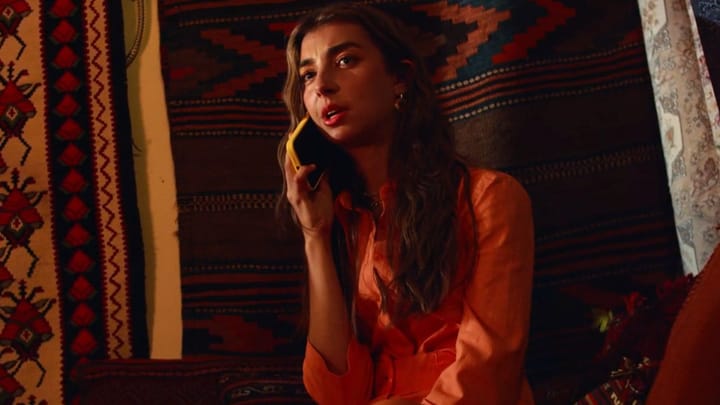A grieving mother turns to a mysterious recollection machine to help cope with the loss of her daughter in A Dust of Phantasm. We talk with filmmaker Mathew Ouzounis about shooting through the pandemic and the making of his new psychological drama.
Set in a 1940s-inspired dystopian world, A Dust of Phantasm tells the story of a desperate mother (played by Melissa Taylor) who is willing to give up everything in order to see her lost daughter one more time.
With nowhere else to turn, she strikes a deal with a pair of villainous aristocrats (played by Adam Argyrides and Madalena Brancatella) for access to a new and secretive technology that will allow her relive the memory of her tragic past.
As writer-director Mathew Ouzounis explains, the film explores the feeling of giving in to external pressures and how we often cope in unhealthy ways during times of distress.
“I’m drawn to narratives that are psychological in nature, incorporating themes of mental health. I have taken my anxieties and past traumas and transformed them into stories like this that others can relate to,” Ouzounis says.
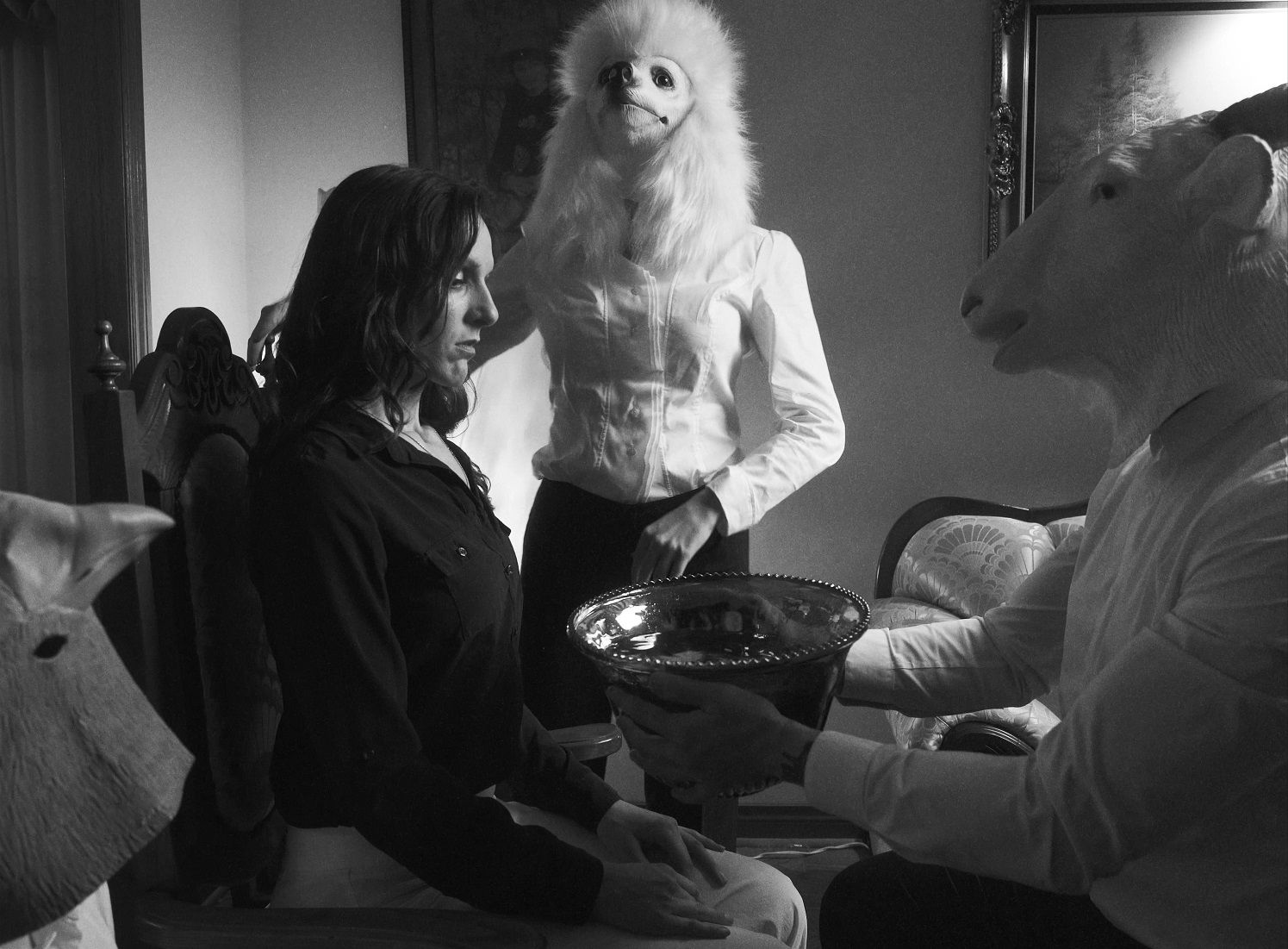
A Dust of Phantasm was produced under the banner of Pandemic Productions, a collective of independent filmmakers spread out across the Greater Toronto Area (GTA) who have come together to produce nearly a dozen films to date.
“After several years of making shorts, we wanted to create something bigger with a higher-budget look. At the time, we only had a thousand dollars, so we had to figure out how we could push the budget and come up with a cool idea,” Ouzounis says.
“I spent months re-watching old films to get a sense of the tone and the language to lock down the style of that period.”
The idea Ouzounis came up with was a story of loss and exploitation set in a bizarre alternate reality that put a modern twist on the Classical Hollywood-era feel of films from the 1930s and 1940s.
“I was really inspired by films like Casablanca and The Philadelphia Story that have had such a lasting impact on cinema and culture. I wanted to tap into that style and play with it, and I spent months re-watching old films to get a sense of the tone and the language to lock down the style of that period,” he explains.
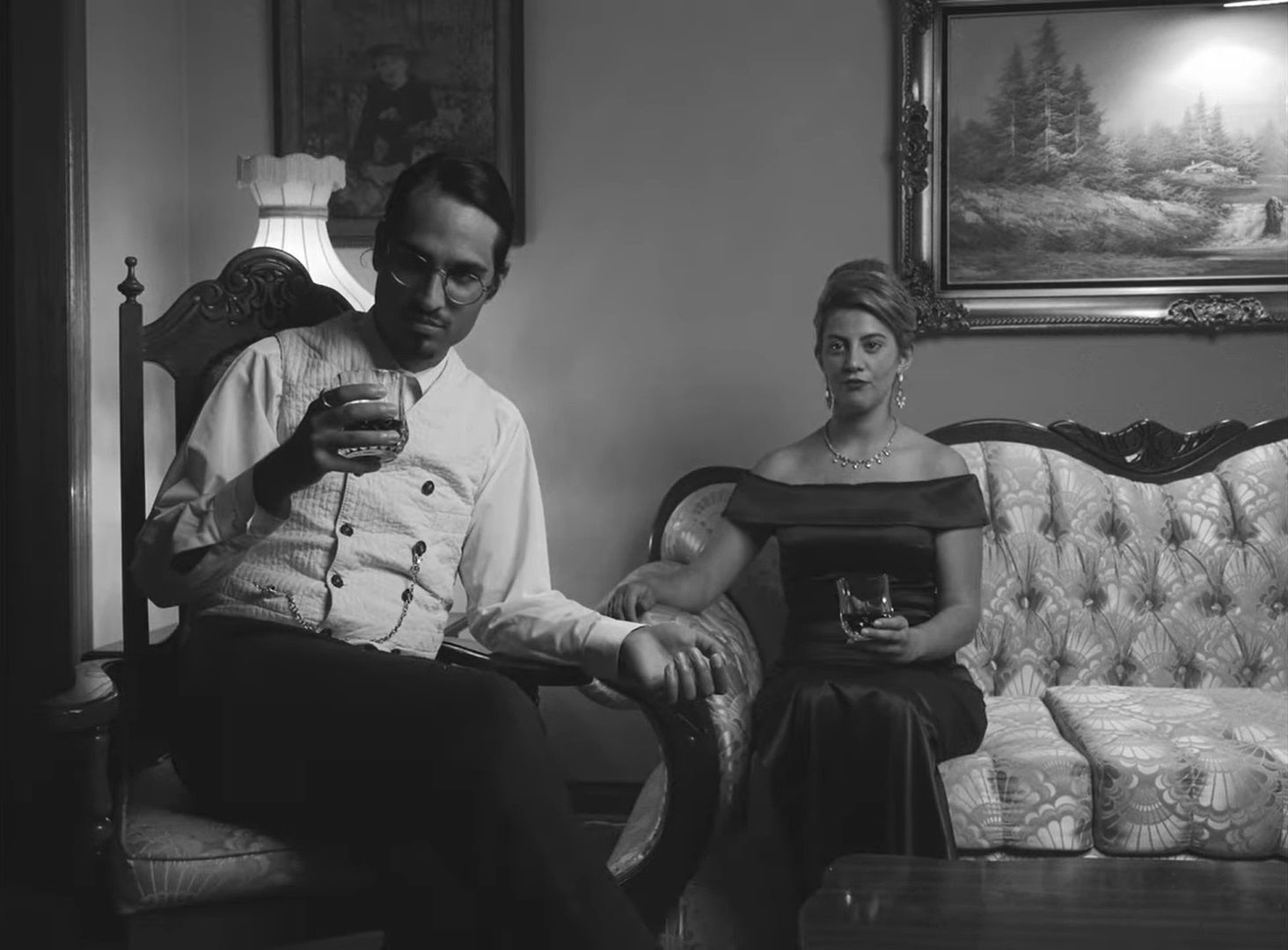
After about three months of writing and prepping, more than 30 cast and crew members finally came together for principle photography in March 2020.
“It was really exciting and everyone was super amped about it. We shot two or three days and it was going well, but then COVID-19 hit and we had to go into quarantine and the film was put in limbo,” he says.
“There was a point where I truly believed we weren’t going to be able to see this project through.”
With about 70% of shooting completed, the Phantasm team faced countless delays to production (as well as the possibility of never finishing the film). Compounding the situation, key cast and crew members were also looking to move on to other projects and other parts of the country.
“There was a point where I truly believed we weren’t going to be able to see this project through. I was so proud of the script and everything we’d done on it, but the months just kept going by and I never thought it would see the light of day,” he says.
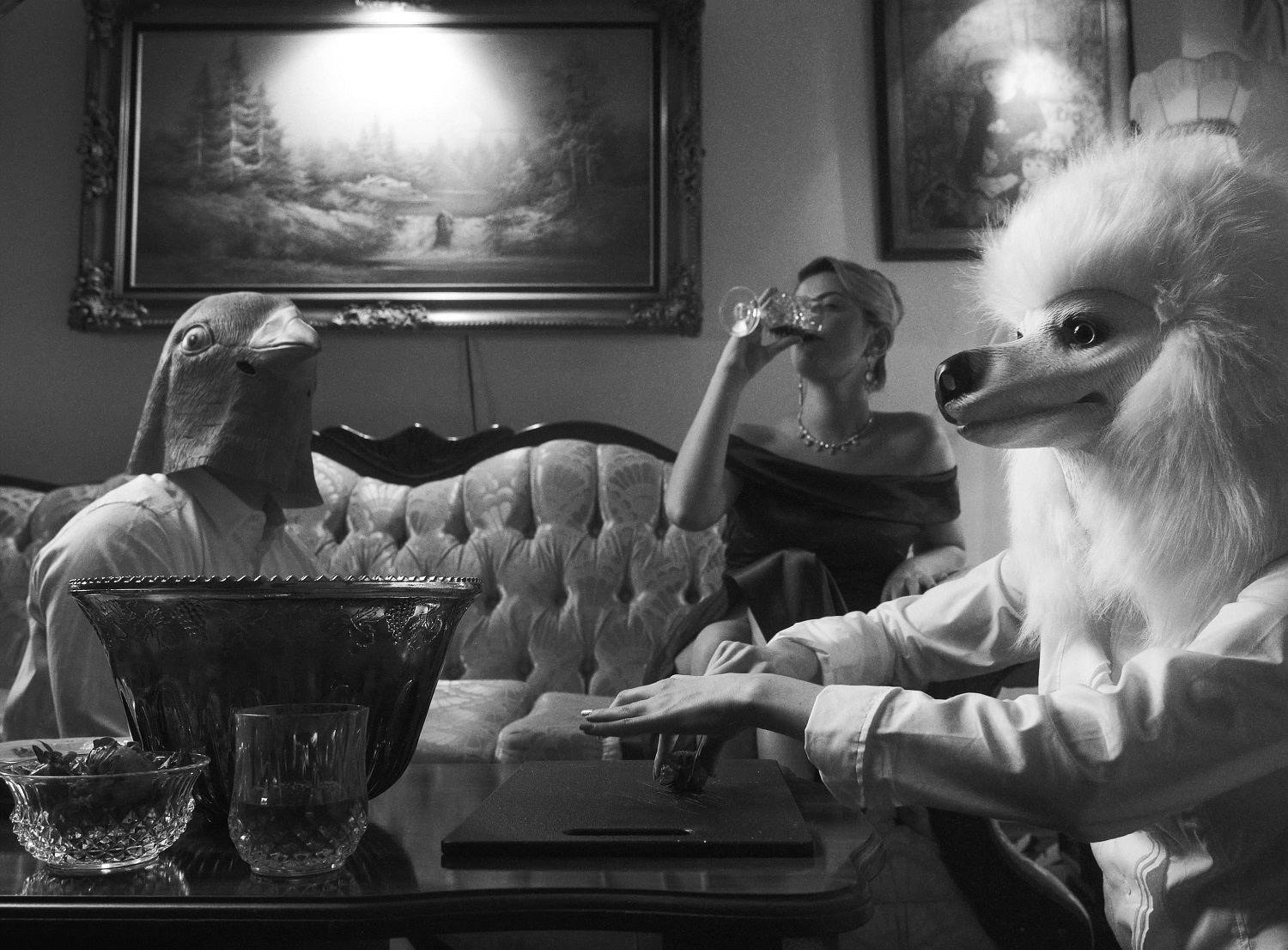
Determined not to give up, Ouzounis spent more than a year reworking the script, while his team looked for ways they could safely finish the film in a form that was faithful to the original vision.
“We had to shoot everyone alone, using single shots of each of the characters. So, we had to get the actors to come in to shoot their sides by themselves with no one else around other than a few crew members. There are actually scenes in the film that we shot 15 months apart, which is just crazy,” he says.
“There are actually scenes in the film that we shot 15 months apart, which is just crazy.”
Looking back, Ouzounis says he is grateful to everyone who helped complete the film, especially when it required their collective efforts to troubleshoot some unique and complex issues.
“Always plan and be prepared for everything, because things change, especially once you get on set. Things are constantly changing and you need to be confident in yourself and your crew,” he says.
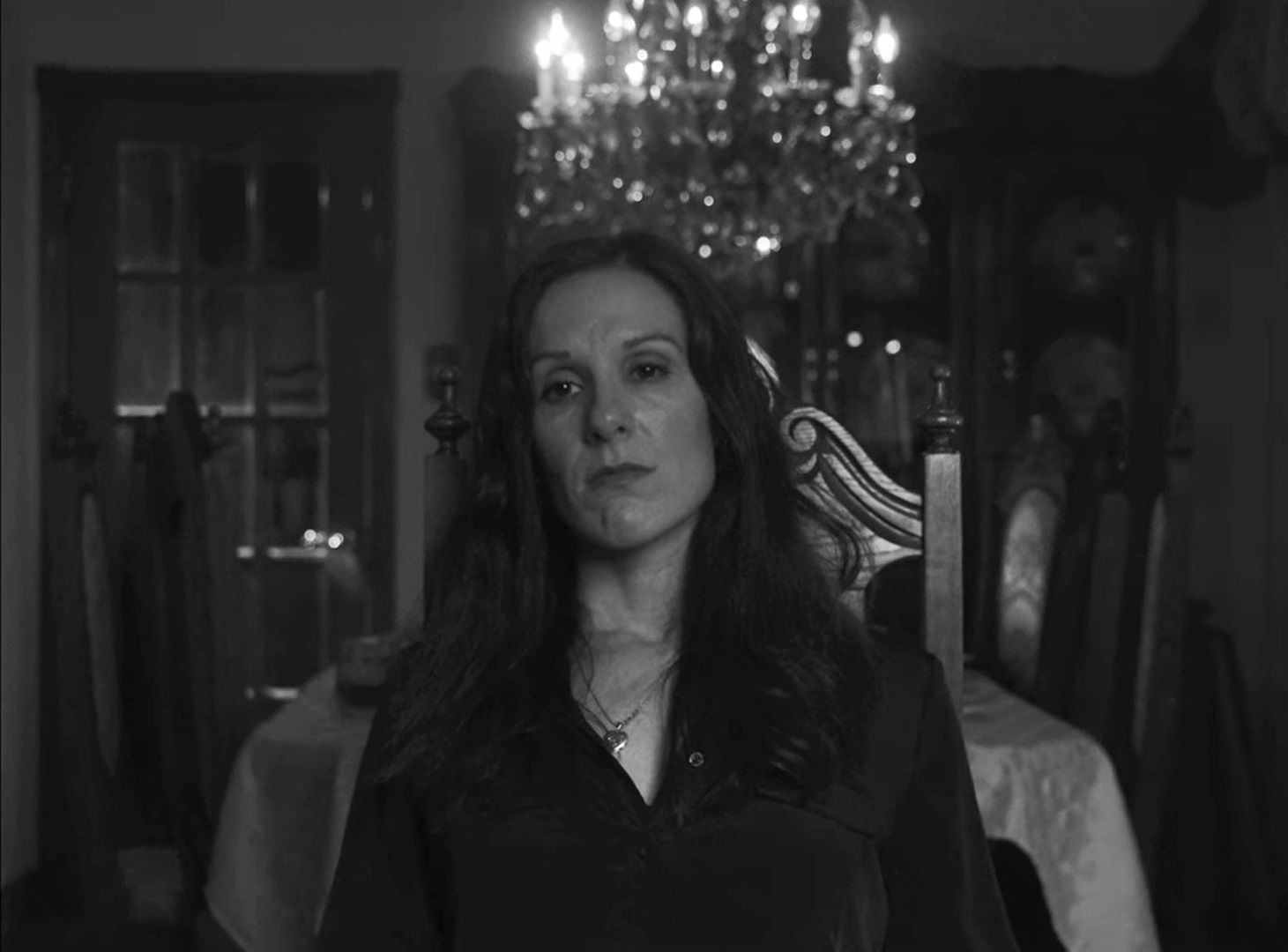
More generally, Ouzounis stresses the need as a director to have faith in others and to understand that everyone who has come together to work on your project is there because they want to see it succeed.
“You really have to trust the people around you and don’t be off in a corner trying to solve every problem. You need to be open-minded to what other people are saying, take their advice, combine it with your vision and work as a team,” he says.
In addition to helping him elevate his craft and grow as a filmmaker, he adds that the experience of making A Dust of Phantasm has given him a greater appreciation for what it really takes to get the job done.
“Don’t take it for granted that you will get to finish your film. It’s the hardest thing in the world to write a script, starting from the early stages of pre-production and actually getting through the whole process of making a film no matter how big or small it is,” he says.
Find out more about A Dust of Phantasm on the Pandemic Productions website here.
